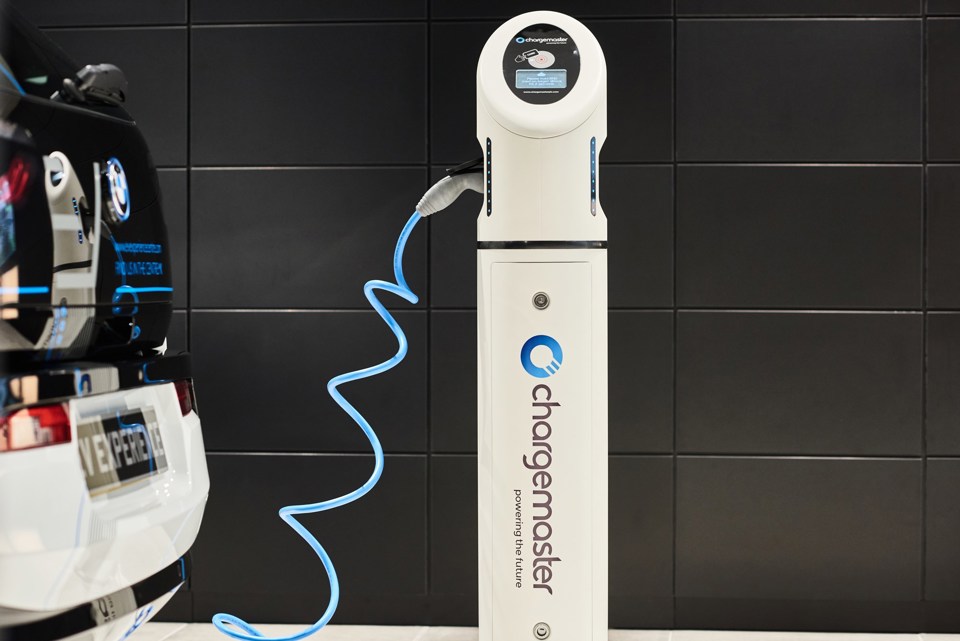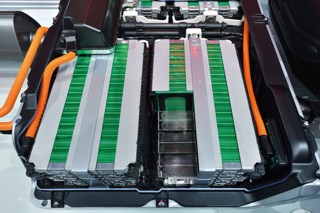The practicalities of ‘filling up’ electric cars could limit the mass-market appeal of ultra-green vehicles, according to a report by the RAC Foundation.
The 'Ultra-Low-Emission Vehicle Infrastructure – What Can Be Done' report claims that “unacceptable delays in refuelling” must be resolved if the strides being made by car manufacturers in battery performance are to be reflected in the widespread sales of plug-in hybrid and EVs which could help the Government smoothly implement its ban the sale of non-hybrid petrol and diesel cars by 2040.
Steve Gooding, director of the RAC Foundation, said: “Almost every day companies are announcing their latest foray into the electric car market, but the charging network threatens to be the weak link.
“Although four out of five electric vehicle owners are able to charge at home, a robust public charging network is critical for enticing people to go electric make the leap to ‘pure’ electric.
“We may be on the cusp of a motoring revolution, but step-changes in vehicle technology must be matched by equally big strides in our recharging infrastructure.”
The RAC Foundation’s report aimed to look at how powers the Government’s Automated and Electric Vehicle Bill could be implemented to best effect.
Author Harold Dermott, who has spent over 35 years in the motor manufacturing industry, including 15 years running his own company, and said that key recharging challenges that urgently need addressing.
Dermott runs a BEV and said that, even though 80% of EV owners have access to home charging, 93% use the public charge point network and Government support has encouraged quantity rather than quality, with the result that the current public charge point network is “unattractive to use and is unsuitable for encouraging the next wave of EV customers”.
As of June 2017, 13% - one in eight – of charge points were out of action at any one time and a lack of standardisation of connectors and charging protocols has resulted in a bewildering array of types of charge point, connectors and tariffs which is poorly presented to the public, the report said.
Dermott also highlights how high performance batteries previously used in electric vehicles will start becoming available in volume from about 2020. These will be ideal to provide local energy storage at charge points to ease pressure on the grid, he says.
Furthermore, he explains how rapid (50 kW+) charge points are essential for battery electric vehicles on long journeys but are irrelevant for plug-in hybrid vehicles which can recharge at a rate no faster than 3.6kw.
Gooding said: “Few of the nation’s 30 million car owners think twice about the process of refuelling with petrol or diesel: pull onto a forecourt, flip the filler cap, insert the nozzle and a couple of minutes later the job’s done.
“Not so with plug-in electric cars, where you need to find the right charger at the right location with the right tariff scheme. Even then it needs to be serviceable and not already in use by someone else.
“The danger is that the future of the electric car suffers the equivalent of bed blocking in the NHS, with queues of frustrated drivers stymied by the lack of adequate, widespread, reliable refuelling opportunities.
“This report differentiates between the so-called early adopters, who might well have bought an electric car for lifestyle and environmental reasons, and the next generation of drivers who are likely care less about the fuel per se and more about how much it costs to buy and run a car, how easy it is to use and whether it holds its value.
“Manufacturers can do much to make EVs attractive to a mass audience, but responsibility for getting the charging infrastructure ready lies largely in the public sphere.”
As of June 2017, there were 4,476 public EV recharging sites with a total of 6,913 devices and 12,849 individual connectors. This compares with about 8,500 petrol stations.
By the end of June 2017, 113,000 claims had been made under the government’s plug-in car and van grant schemes which gives buyers of the greenest vehicles a subsidy of up to £4,500.



















Login to comment
Comments
No comments have been made yet.